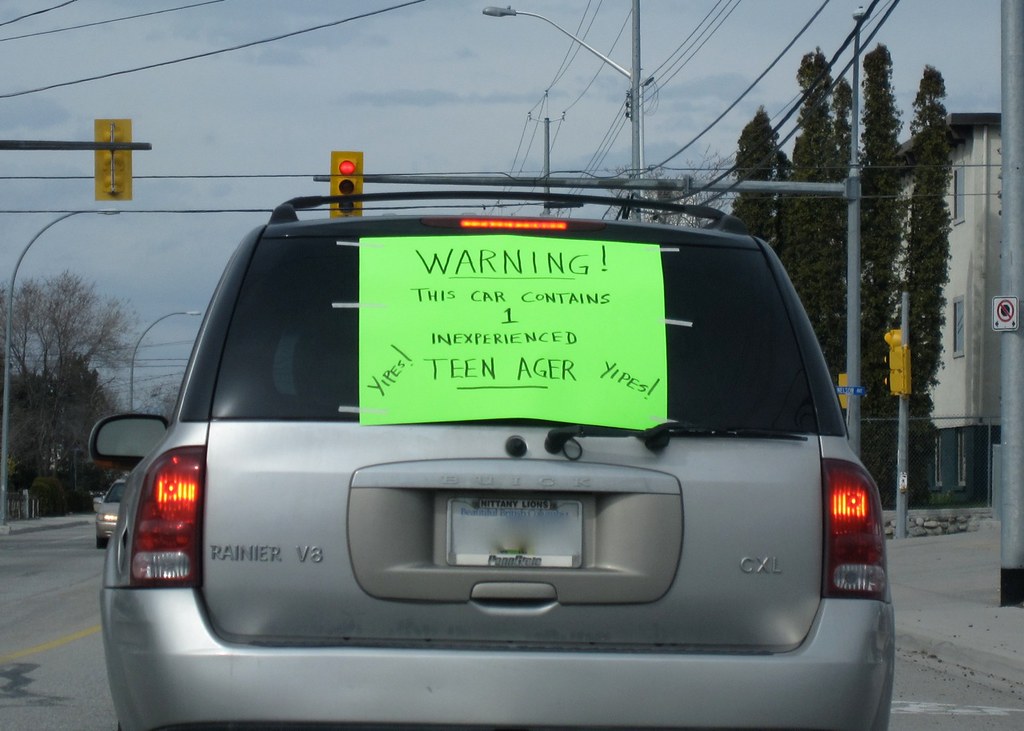
By BILL ZAN
Staff Writer
Smarter Balanced is the larger of the two federally funded Comprehensive Assessment Consortia.
Although 46 states initially adopted Common Core standards this year, only 26 states will take a test produced by the two consortia: 17 will take the Smarter Balanced Assessment Consortium (SBAC) and 9 (plus the District of Columbia) will take tests produced by the Partnership for Assessment of Readiness for College and Careers (PARCC). Most other states will assign their own state tests, some which are adjusted for the new Common Core State Standards, according to Education Week. The states that dropped out cited many issues with length and cost.
According to the SBAC website, the computer-based common core tests are different from the traditional state exams. There are far more word problems, and the solutions for many of the new problems have multiple calculations, requiring higher-order thinking skills. In addition, the computer-based aspect of the tests allows the answering component to be more interactive. The test as a whole requires a deeper understanding of each test’s subject matter. Though states individually decide what to do with the test scores, many teachers and school administrators have protested for a return to the easier state-administered tests.
Nearly all educationally high-performing countries have national standards and high-stakes national exams. To emulate their success, many U.S. states recently adopted Common Core Standards, including nationalized Common Core-based tests. It worked; according to the New York State Education Department, a year after implementing Common Core, New York’s students’ proficiency rates in math increased by almost 5 percent in math and 1 percent in reading, much higher than the growth of 1-2 percent in math and no growth in reading rates on their state tests.
Currently, only a third of New York students have passed their current Common Core exams. SBAC’s pass rate will not be much better: only 33-44 percent of students are projected to pass, according to the SBAC website.
Many parents and educators have protested that the tests’ difficulty is unnecessary and damaging for students’ self-esteem, but the tests’ difficulty is temporary. After a few years of Common Core-based education, students’ problem solving and verbal reasoning skills will improve, and students will be more prepared for the new tests.
No good arguments against Common Core testing exist. The tests’ length is a non issue, as shown by the New York students’ improvement in spite of the decreased educational time. The costs, which are projected to be over twice as expensive as the traditional state tests, are justified by the significant benefits the tests have shown, such as the growth in proficiency in math and reading as stated above.
School districts in rural neighborhoods that do not have the infrastructure to support the tests do not have an excuse. Common Core is simply providing those districts with the opportunity to build the technological infrastructure that they should have implemented years ago. Wealthy Caucasian and Asian neighborhoods could score higher on the Common Core exams, but they also score higher on most other exams. In addition, neighborhoods of all races and income levels have shown improvements in testing rates with Common Core, as seen in New York.
Opposition to Common Core exists on both sides of the political spectrum. Some Republicans have called the Common Core standards an intrusion to the rights of their children by the federal government.
Common Core is voluntary for states to adopt, and its standards were developed by the National Governors Association and individual state education leaders. Some Democrats have criticized Common Core testing as part of a sustained attack against standardized testing in general.
Standardized testing has existed since at least 605 AD, according to a Vanderbilt University study, and will continue to exist regardless of whether or not Common Core is adopted. Before Common Core, states simply used their own state-developed exams. States that have rejected SBAC and PARCC will continue to use state tests. The testing will never end, and those who do not wish to partake do not have to because electing not to participate in Common Core testing is an option.
In Defense of Smarter Balanced Testing
April 30, 2015

1
0
Donate to Sword & Shield
$180
$1000
Contributed
Our Goal
Your donation will support the student journalists of University High School. Your contribution will allow us to purchase equipment and cover our annual website hosting costs.
More to Discover














Antor Paul • May 2, 2015 at 9:33 pm
I agree with this so much.